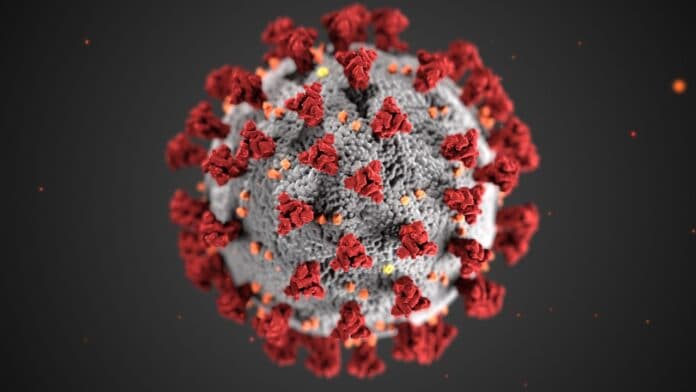Health experts and researchers around the world predicted that the novel virus will soon start mutating into new coronavirus variants. The virus is spreading across the globe with high chances of variation. Meanwhile, four newly evolved forms of the coronavirus are the center of attention right now.
The Centers for Disease Control and Prevention (CDC) director, Dr. Rochelle Walensky recently briefed about the variants. Dr. Walensky said that the recently discovered varients of the coronavirus spread more rapidly and easily. These infectious particles have a high rate of transmission which can increase the number of coronavirus cases.
He also said that the health care system is overtaxed during the pandemic. Hence, we can not afford a further increase in the number of infections at this time.
Also read- Climate Change Related Health Risks Spike in the UK, New Study
The various forms of the coronavirus ar enow spreading all over the world rapidly. Meanwhile, scientists show concern that the mutations might surpass beyond our control. The virus might adopt a new form in the future which does not test positive or the vaccine might not show any effect on the new variant of coronavirus.
The topmost concerning variant of the coronavirus, B.1.1.7 first appeared in the UK and now invading other countries of the world. According to the CDC, this variant can cause further damage to health and increase the spread of the virus.
Even though the new mutations in the coronavirus spread fear among people, researchers suggest that our immune system can tackle these variants. Also, this specific variant transmits exactly like the original form of the coronavirus.
The new findings of the new variants show that the previous guidelines can also help control their spread. All of the important measures including good hygiene, wearing masks and social distancing can limit the spread of these mutant viruses.
An interesting finding shows that the newly mutated virus can invade our cells even more easily to cause infection. This increases the risk of contracting coronavirus from a person who has the mutated viral infection.
The new mutations in this virus include a structural change in the spike of the virus used to attach with living cells. This enhanced spike can now increase the penetration of the virus into the cells.
Another variant of the coronavirus found recently in the US, B.1.351 first appeared in South Africa. The World Health Organization (WHO) reported that the virus already spread to 30 countries around the world. Also, the virus is spreading undetected in various African countries. The researchers are currently testing the samples to see if the vaccine can work on this variant as well.
Also read- Experts Highlight the Importance of Breastfeeding During Covid-19
P.1 variant of the coronavirus, another newly emerged mutation that raises concerns about the transmission of the virus. L452R is also a new coronavirus variant found commonly in many individuals. However, the researchers are not sure about the impact of this mutated version on the coronavirus spread.
Even though new variations in the coronavirus emerged recently, researchers suggest that the vaccine might help against these variants as well. Meanwhile, experts also suggest the coronavirus shot despite the increasing mutation in the virus.




